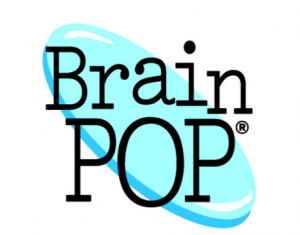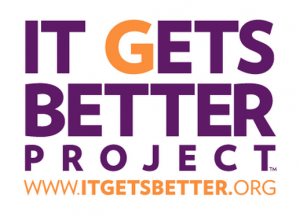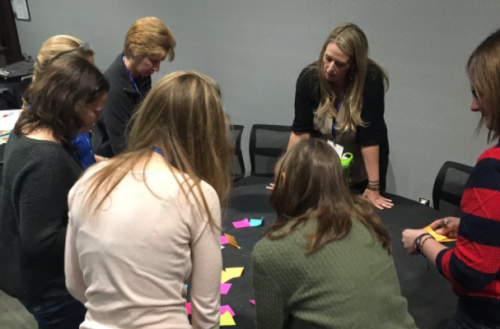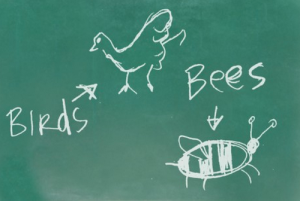In today’s Education Week Blog, there was a great post on the importance of social and emotional education in schools. Namely, the disconnect between how important most teachers think it is, and how little of it we’re actually doing.
Here’s a more comprehensive look at the need for Health education.
If you look at what they want to see more of, self-awareness, communication, decision-making, relationship skills… those are all part of the National Health Education Standards. So why do so many schools push the subject aside, or tack it on as an addition to physical education? Health is about the well-being of the whole child…. physical, social, mental and emotional.
In elementary schools, the classroom teachers do a great job of instilling these skills in their students. But then there’s this drop off… which is odd, considering how much kids change after puberty and how much more they need to take ownership over these skills as they get older and have more freedom.
We’re lucky at our school… the kids get Health in all three years of middle school, and a few units of it in high school as well. But what about the students in the states?
According to this CDC study on Adolescent and School Health, only 20.6% of middle school students and 35.8% of high school students have Health education requirements.
Funding is, of course, an issue. But surely there has to be a way to layer these skills into the subjects that aren’t getting cut… Social Studies, Language Arts… and what about peer mentoring groups? I can’t imagine that implementing and running one of those would look too bad on a college application.
Here’s a couple to look at as examples, but how about figuring out what the issue is on your campus and creating your own?
Peer-to-peer education focusing on healthy relationships and sexual education: TeenPep.org
Cyberbullying peer mentoring group: BeatBullying.org
Students Against Destructive Decisions
There are a ton out there.
Figure out what the issue is in your community, dig around, and get something going.
